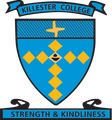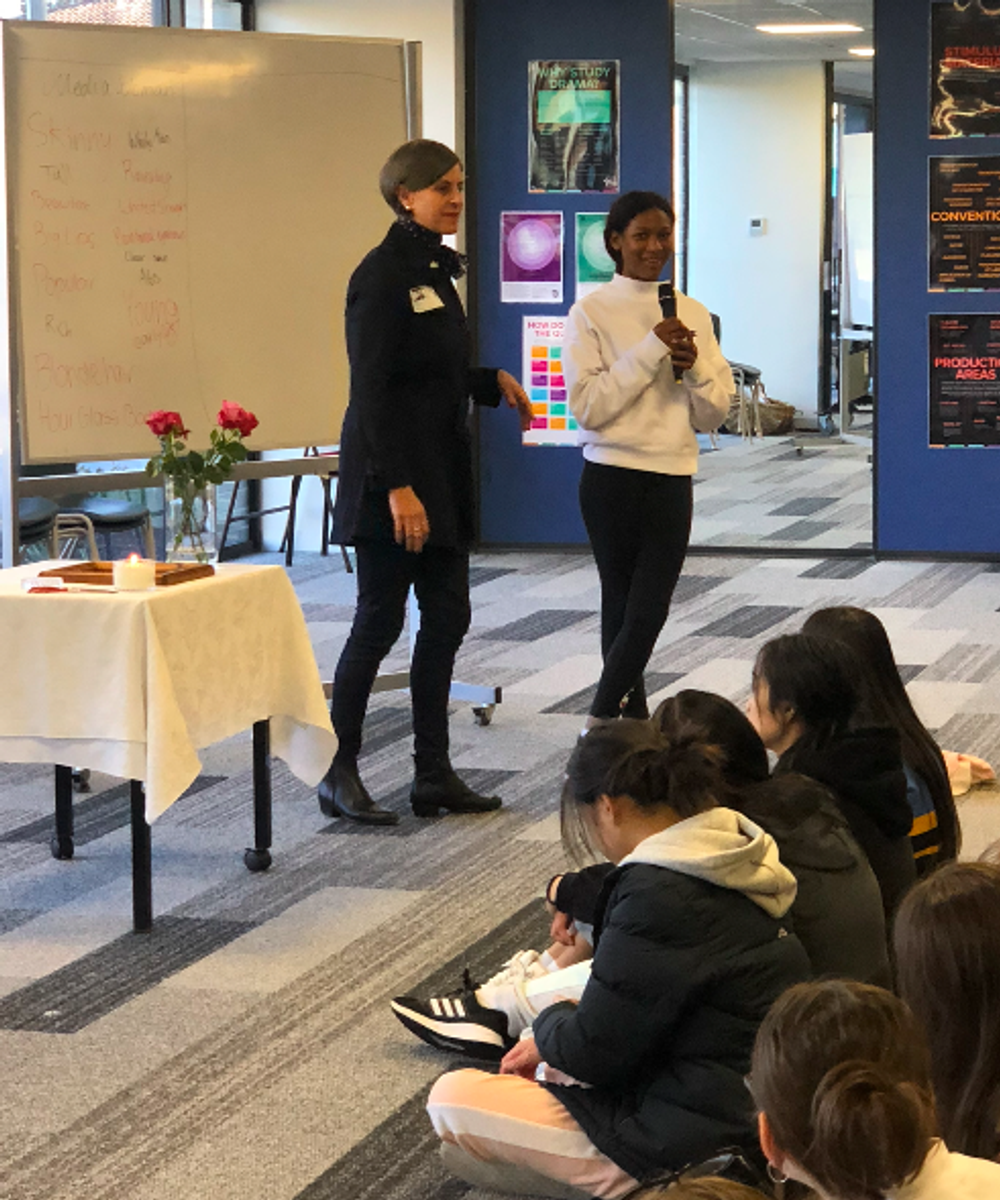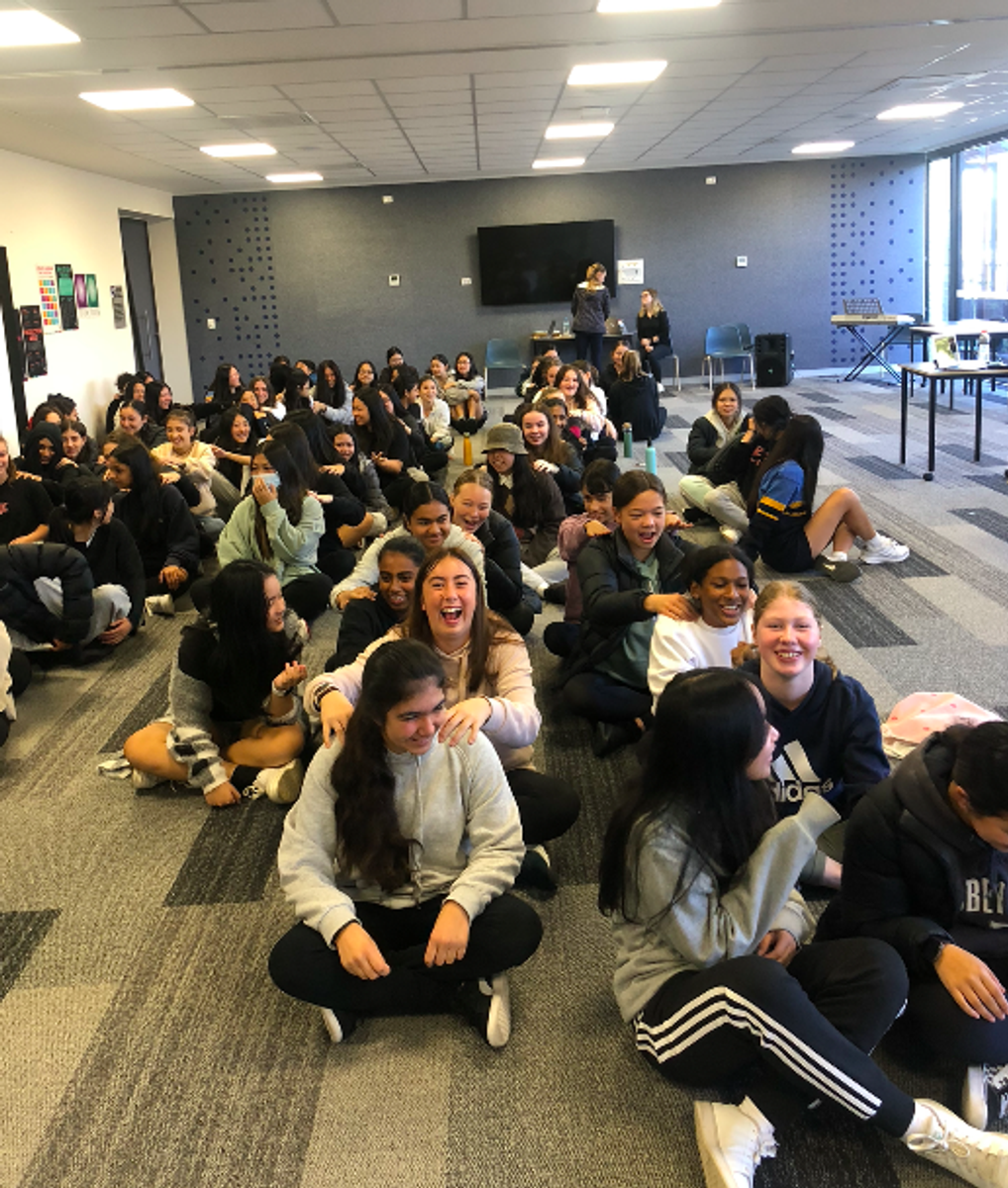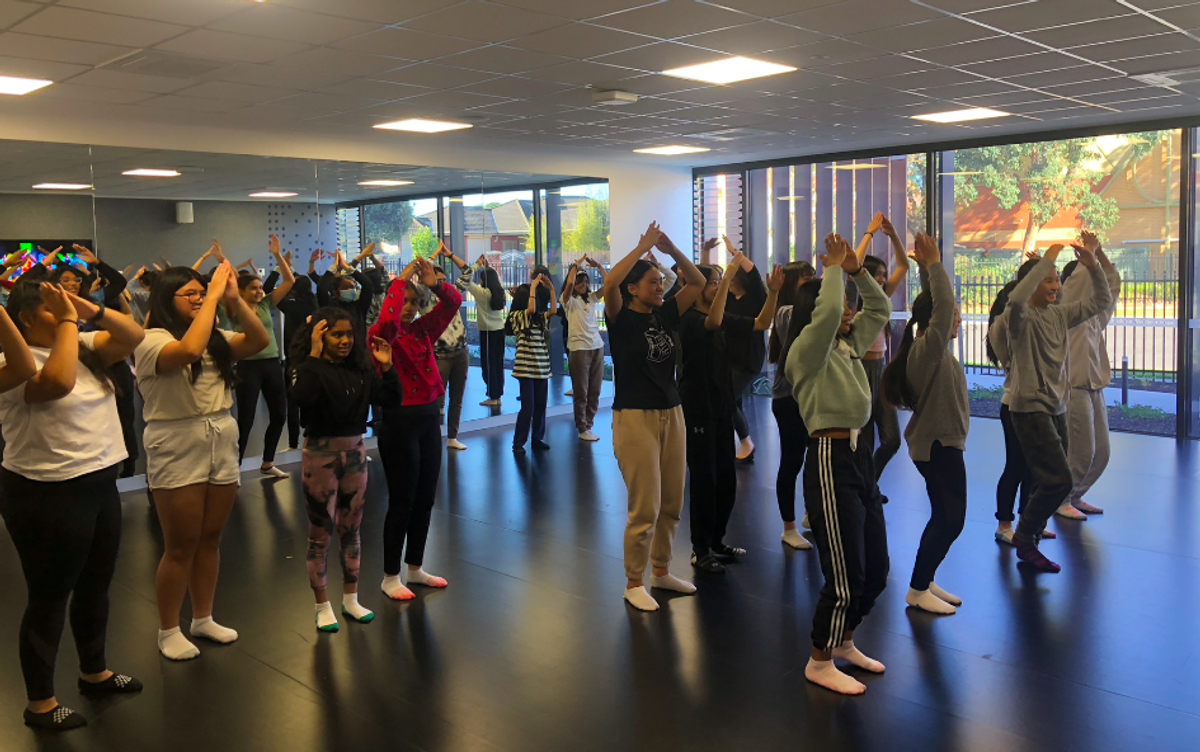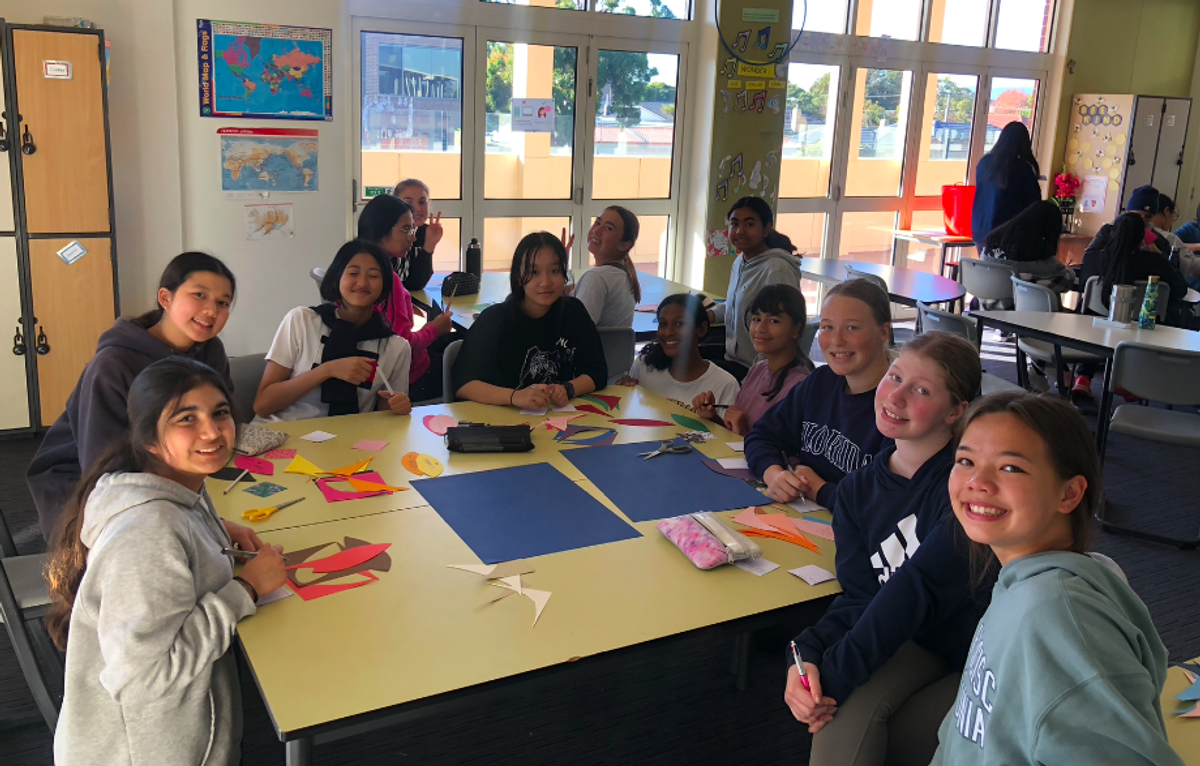Wellbeing

Dear Killester Families,
Welcome
We extend a very warm welcome to Ms Madeleine Williams who has joined the College this week as a College Counsellor to join Ms Maree Keel. We are very excited that we have been able to expand our counselling team to ensure students are well supported.
Year 8 Parents/ Carers
Could you please let us know if you consent to your child participating in ‘Future Proofing’, the mental health project which we are running at Killester College next term. Read more and register your response here:https://www.fpstudy.org.au/Killester. This is a very exciting opportunity that our Year 8 students have been given and will give us some very valuable information.
Assessment Time
As our student body approaches the time of the year for the GAT, final SAC assessments, exams and submission of all of their work to close off the semester we encourage all families to keep looking for students who are finding this challenging and may have demonstrated behaviour that has caused you concern.
If this is the case, please do not hesitate to contact your daughter’s homeroom teacher or Year Level Leader so we can support all of our students and their families through the journey ahead.
Year 8 Personal Development Day
by Bella Trinh (Year 8, St Patrick)
Year 8 PD day was one of the best days of the year. It was a day for us to take care of ourselves and treat ourselves with love. There were a variety of different activities. One of my favourite ones that was the most enjoyable was when we got to do ‘Just Dance’ with the class. It was a really fun time and we all got to have fun with our friends and teachers. Another activity we did was ‘Annie's True Beauty Salon’. The focus of this activity was on self-love and respect. She instilled in us the values of self-love, treating others with respect and kindness, and accepting ourselves and others for who we are. We also went to the chapel and just listened to calming music. We then proceeded to the basketball court, where Maddi, our coach, divided us into two teams and we played mini games to earn points. This taught us the importance of teamwork. Those were all of the fun activities we did on PD day and it was a really fun day and a great experience!!
Anxiety requires understanding
The recent rise in childhood and adolescent anxiety and its acceleration during COVID-19 has worried parents and teachers. Many ask how they can assist kids when they become anxious about seemingly routine events such as attending school camps and excursions, tackling difficult subjects, or facing the prolonged absence of a favourite teacher. Typical responses such as ignoring their worries or encouraging them to ‘get on with it’ are unhelpful. Allowing a child to avoid an activity that makes them anxious is another unhelpful option. Avoidance may help kids feel safe in the short term, but it risks the establishment of a long-term pattern that can be impossible to shift.
Regardless of the source every child and young person needs an adult in their life that understands them when they are anxious. It may make little sense that an activity makes a child anxious, you just need to understand that they are anxious. They need someone to witness their anxiety without dismissing or ignoring their feelings. Anxious kids frequently look to parents and teachers for reassurance when they feel anxious. This shows in many ways, including kids continually seeking the opinion of others, wanting parents or teachers to make decisions for them, and continually asking for praise. Adults don’t have to fix kids’ problems, but we do have to understand they are anxious. The use of ‘Ahhhh’ statements to validate how an anxious child is feeling, is a practical way to show that you are trying to understand them. It’s also a great way to help a child develop a more nuanced emotional vocabulary. Here are some examples: ‘Ahhhh, you’re feeling anxious about going to school camp . . .’ ‘Ahhhh, you’re having one of those “I might mess it up” thoughts . . .’ Each child’s anxiety is unique. The first and most important response from an adult is to show a child that you ‘get’ that they are anxious. Having someone understand that they are anxious is an enormous relief, particularly if they haven’t been taken seriously in the past. Sitting alongside a child who feels anxious is an underestimated act of compassion that makes a huge difference to their immediate emotional state.
By Michael Grose
Michael Grose, founder of Parenting Ideas, is one of Australia’s leading parenting educators. He’s an award-winning speaker and the author of 12 books for parents including Spoonfed Generation, and the bestselling Why First Borns Rule the World and Last Borns Want to Change It. Michael is a former teacher with 15 years experience, and has 30 years experience in parenting education. He also holds a Master of Educational Studies from Monash University specialising in parenting education.
Mr Peter Harte & Ms Emma Neville
AP - Students
